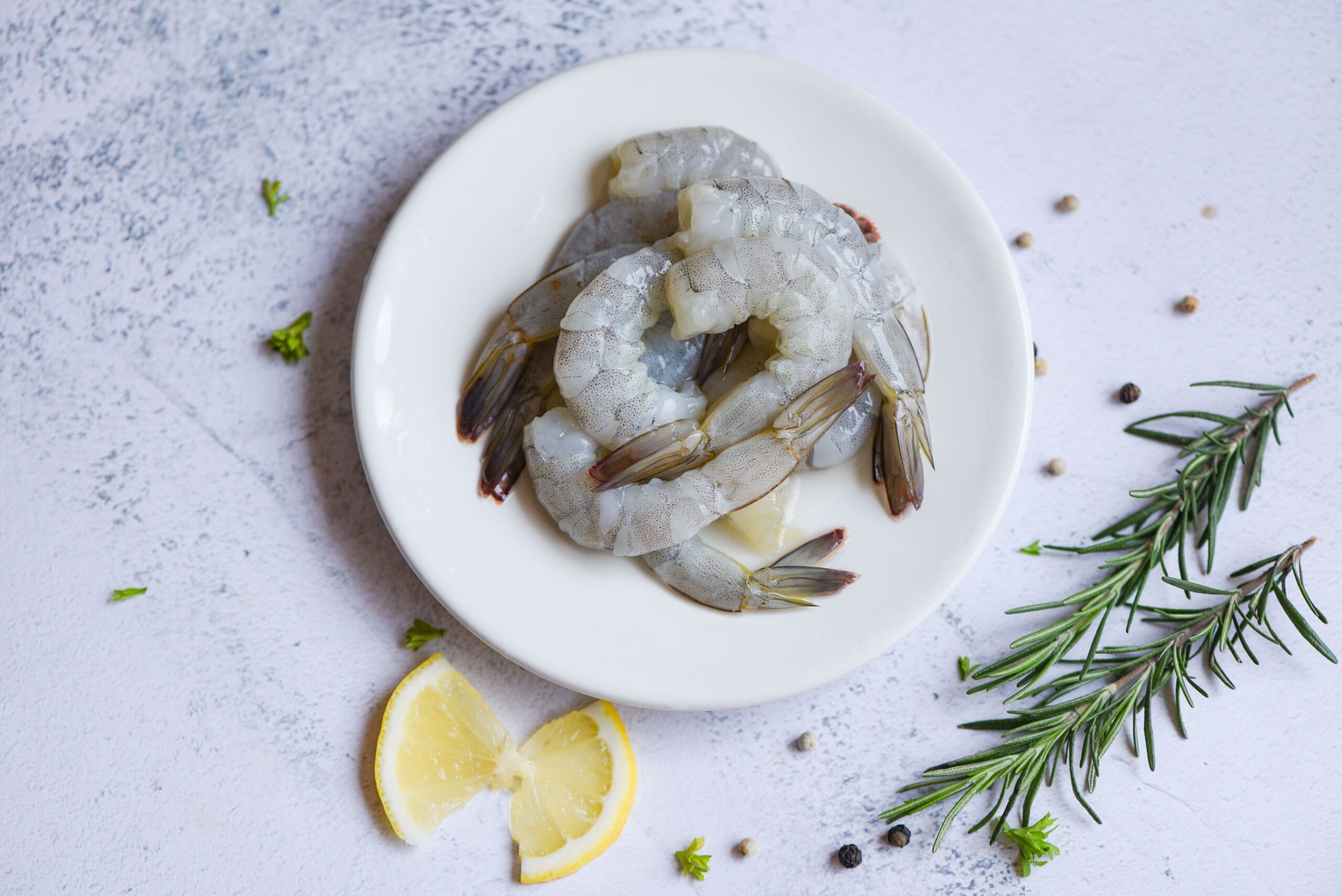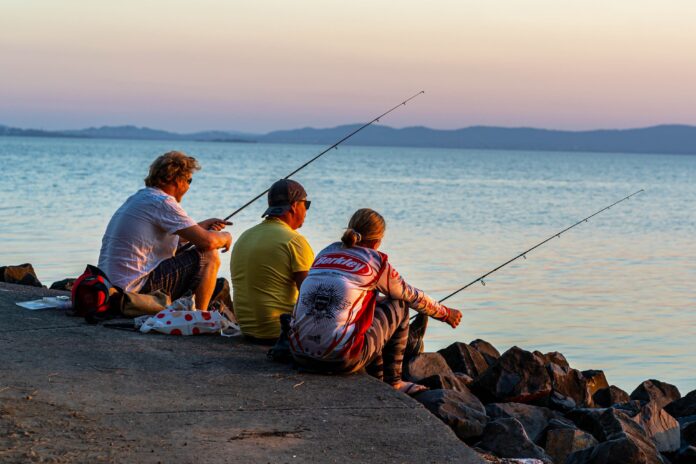Fishers are being reminded not to use raw imported prawns as bait, due to the risk of spreading a highly contagious virus affecting crustaceans.
Raw imported prawns can carry white spot disease, a virus that affects crustaceans such as prawns, crabs and lobsters.
The virus can survive in uncooked prawns and may spread to local waterways if used as bait, threatening wild and farmed crustacean populations.
The warning comes after a post on a popular Sunshine Coast fishing page on social media showed a fisher proudly displaying a bream that was caught using garlic prawn skewers from a supermarket as bait.
There have been no publicly reported outbreaks of white spot disease on the Sunshine Coast but it was declared endemic in wild prawn populations in Moreton Bay in February 2021.
The disease was first detected in Queensland in 2016 on prawn farms along the Logan River, with the last significant outbreak occurring between 2016 and 2017.

In Queensland, high-risk animals such as prawns, yabbies and marine worms cannot be moved out of the restricted area that extends from Caloundra to the NSW border, unless they are cooked first.
White spot disease was found among wild school prawns around the Evans and Richmond rivers in May 2024, and the Clarence River in February 2023, with movement restrictions in place around those northern NSW waterways to prevent spread of the disease.
According to the Department of Primary Industries’ 2019-20 Statewide Recreational Fishing Survey, about 660,000 Queenslanders participated in recreational fishing, which is about 18.7 per cent of the population.
On the Sunshine Coast, there was an increase of 15,800 fishers, with 75,200 people engaged in fishing activities during the survey period.
Want more free local news? Follow Sunshine Coast News on Facebook, LinkedIn and Instagram, and sign up for our FREE daily news email.
White spot disease only affects crustaceans, not humans. It only becomes problematic if raw prawns purchased from supermarkets are used as bait, as they could introduce disease into the marine environment.
Cooking the prawns will kill the virus, which means they are completely safe to eat.
A spokesperson for the Department of Primary Industries said an outbreak could have severe consequences for the state’s seafood industry and ecosystems.
“An outbreak could have severe consequences, including economic losses through the destruction of infected prawns and financial hardship for prawn farmers; disruption of ecosystems and biodiversity due to the disease affecting various crustaceans; and movement restrictions and biosecurity measures impacting commercial and recreational fishing,” they said.
Authorities have implemented awareness measures to prevent the misuse of raw imported prawns as bait, including a “check your bait” campaign and a requirement that imported prawns must be labelled “for human consumption only” and “not to be used as bait or feed for aquatic animals”.
Additional outreach efforts include signage, social media campaigns and stakeholder engagement.
It is illegal to sell raw imported prawns as bait, with penalties in place for those who do not comply. Authorities also urge fishers to source bait from reputable suppliers.
According to the DPI website, local prawns only make up 40 per cent of consumer demand in Australia, which means prawns are imported from other countries to meet demand. It says risk mitigation measures are in place but the disease may still get through.





